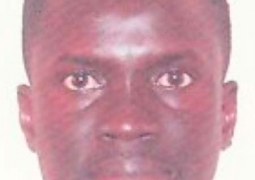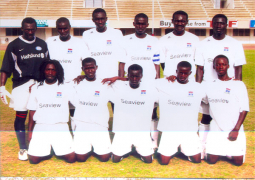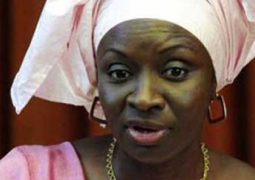The issue of journalists reporting corrupt practices in the governance systems in
Tackling corruption in our society is highly needed today, more than ever before; thus it is important for government officials to cooperate with the media to enable us do our work as the watchdog of society.
Without a serious commitment to fighting corruption, such vices will continue to undermine our development aspirations as a nation.
To effectively address the problem of corruption and corrupt practices in the country requires the collective efforts of all and sundry, including the ordinary citizens who pay the price for the actions of corrupt officials.
The media’s role would be to investigate, which most often is being hampered by non-cooperation of officials.
Transparency International’s 2010 Corruption Perceptions Index (CPI), released in October 2010, identified
This is a very sad attribute about a continent, the vast majority of whose populations live in abject poverty.
While governments commit large sums to addressing the problems hindering development on the continent, corruption remains a major obstacle to achieving the much-needed progress in
It is, therefore, significant that more serious anti-corruption measures form part of our national development agenda to ensure future growth and prosperity in the region.
The most common practices of bribery and kickbacks in infrastructure, local police, regional authorities, and telecommunications sectors, for instance, represent the hidden costs of corruption in many countries in
However, with the enactment of The Gambia Anti-Corruption Commission Bill 2012, we hope that it would pave the way for the punishment of public officers alleged to have engaged in unethical conduct.
In any society where there exists rampant corruption and bribery, the poor would suffer and at the same time lose hope in the law enforcement agencies.
We, therefore, urge all and sundry including officials to cooperate with the media in order to make The Gambia a corruption-free nation.
“Power does not corrupt. Fear corrupts... perhaps the fear of a loss of power.”
John Steinbeck




